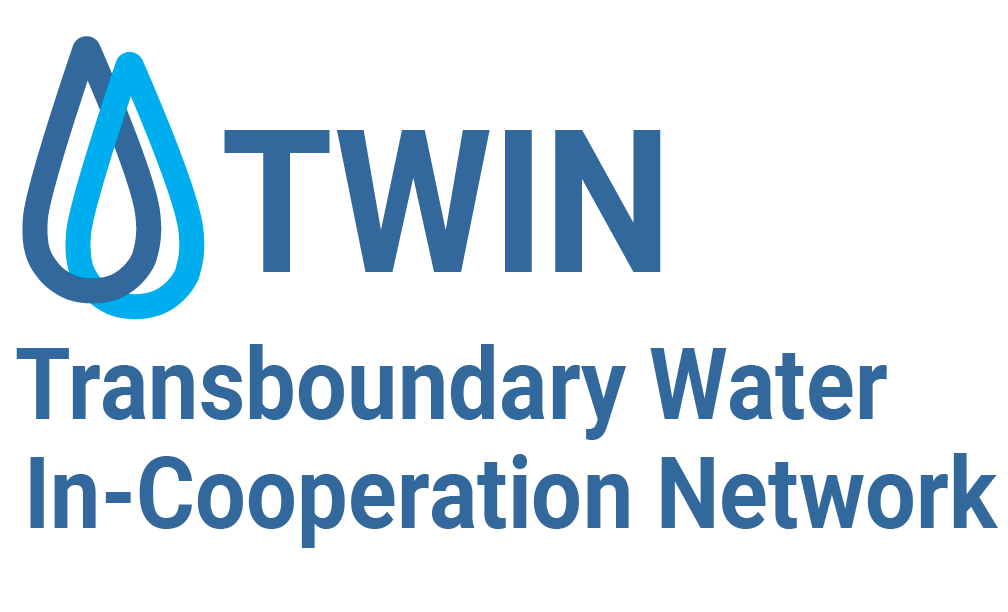What We Do
Transboundary Water In-Cooperation Network, TWIN, carries out diverse activities to facilitate cooperation and collaboration between grassroots organizations, communities and scientific institutions. We engage stakeholders in Track II and Track III diplomacy across political, cultural, social, economic, and physical borders to bring collaboration and progress to all communities.
Transboundary Water Data Collection and Platform
TWIN helps our network participants to identify the information such as data, research, reports and mutually beneficial technical solutions to improve the quality of water resources. To promote transparency and scientific accessibility, we make our transboundary water data including hydrological, socio-economic, land-use, atmospheric and oceanic climate data accessible and secure to all.
Convening of Diverse Stakeholders Across Boundaries
By organizing meetings and workshops that bilateral/multilateral communication across borders on managing water resources, TWIN, stimulates dialogue and diplomacy (Track II and III). This brings together grassroots organizations, communities, and scientific or technical institutions from around the world challenged by international shared water resources.
Community Engagement and Capacity Building
We engage communities and grassroots organizations to help improve water use practices, public health, and access to information. Our network prioritizes community involvement through citizen science initiatives, educational and awareness campaigns and working with individuals and communities to make land-use decisions to help resolve water scarcity and quality issues.
Training on Environmental Diplomacy and Transboundary Water Complexity
TWIN facilitates trainings for stakeholders to learn and gain integral knowledge scientific and technical areas, as well as conflict mediation and diplomacy tools empowering them to address their specific transboundary water issues. Through our network, we are able to mobilize those working on transboundary water related areas and offer professional trainings to enable communities to plan, act and respond to our complex world.




